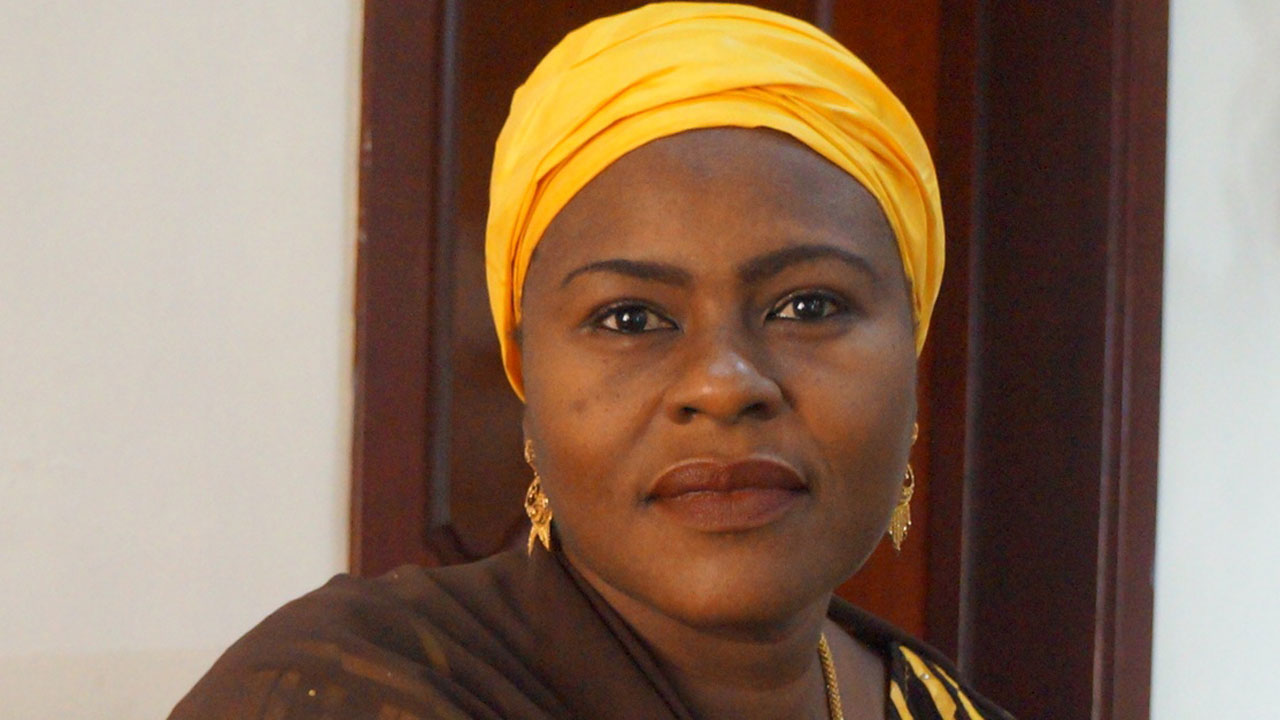
The National Information Technology Development Agency (NITDA), has called on stakeholders in the IT sector to participate in its 2007 Act re- enactment.
Mrs Hadiza Umar, NITDA Corporate Affairs and External Relations Head confirmed this on Monday in a statement in Abuja.
Umar said it was to align with the requirements of the National Digital Economy Policy and Strategy (NDEPS).
She said the re-enactment had become necessary because the NDEPS replaced the Nigerian National IT Policy of 2000 that instituted the agency and its activities.
“You may recall that the vision of the National IT Policy is to make Nigeria an IT capable country by 2005.
“We can all attest that Nigeria has gone beyond the vision of using IT but aiming to become the digital economy capital of Africa.
“Since the enactment of the NITDA Act 2007, NITDA has operated as the catalytic government agency for developing and regulating the Information Technology sector.
“However, in light of recent advancements in the IT sector and the shift in the global economy paradigm, the NDEPS was envisioned to transform Nigeria into a leading digital economy providing quality life and digital economies.
“It is a known fact that digital technologies have created new forms of economic activities that have been beneficial to the global economy,’’ Umar said.
According to her, these digital technologies come with their promises and perils such as cybercrimes, privacy invasion and other social problems.
Umar said the ups and downs necessitated proactively managing digital technologies’ adoption through the development of a stakeholder-led robust regulatory architecture.
She noted that it was to enable Nigeria to maximise the benefits of such technologies and mitigate the negative consequences.
Umar also pointed out that the agency had identified the need to update its legal framework for regulating and developing a digital economy for Nigeria to meet the needs of a digital economy, protect the rights and interests of stakeholders in the industry.
She assured that the review of the NITDA Act 2007 aimed to address contemporary digital issues, revamp Nigeria’s economy, build trust and protect the rights and interests of players in the ecosystem.
“The review of the NITDA Act 2007 will serve as an enabler for the growth and development of Nigeria’s digital economy.
“It will create a framework for promoting the startup ecosystem, promote indigenous products and services through standardisation.
“It will also be collaborating with the requisite public and private sector partners to carry out activities that will assist in electronic waste disposal.
“It will foster collaboration to facilitate the implementation of robust cyber security measures aimed at building trust in Nigeria’s digital economy, among other objectives,” she said.
She urged stakeholders to support the process, bearing in mind that the agency had engineered the contribution of 17.62 per cent to the Gross Domestic Product (GDP) in the second quarter of the year.
Umar explained that it had been creating jobs in the sector, which had saved the Federal Government more than N22.45 Billion, among other benefits.
The official added that the agency’s proposed bill would create a regulatory framework to accelerate Nigeria into a digital economy and substantially catalyse prosperity, promote implementation of policies that support indigenous content.
She further explained that it would create access to digital services, investments, adoption of emerging technologies, innovation, research and development, with a particular focus on the rights of citizens and national interest.
She said the bill was undergoing the necessary review procedure before its anticipated adoption, assent by the president and stakeholders would be engaged as well.
“We, therefore, count on the support of Nigerians toward the successful passage of the Bill and eventual signing into law.
“This will undoubtedly help toward ensuring that Nigeria harnesses the potential of the ever-expanding digital economy,’’ she said.



